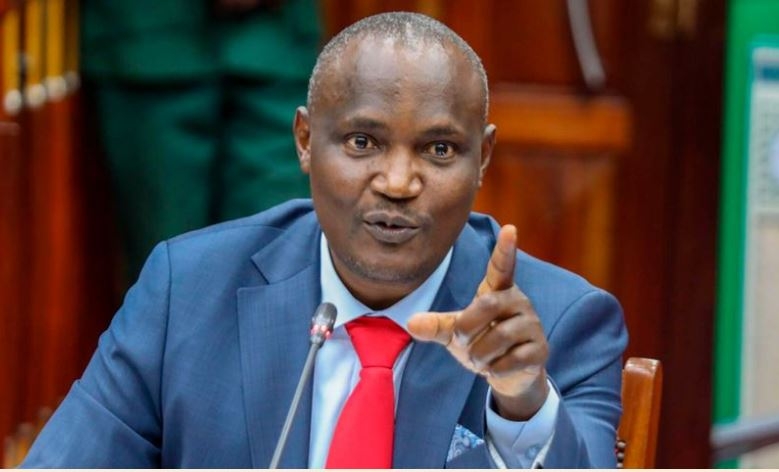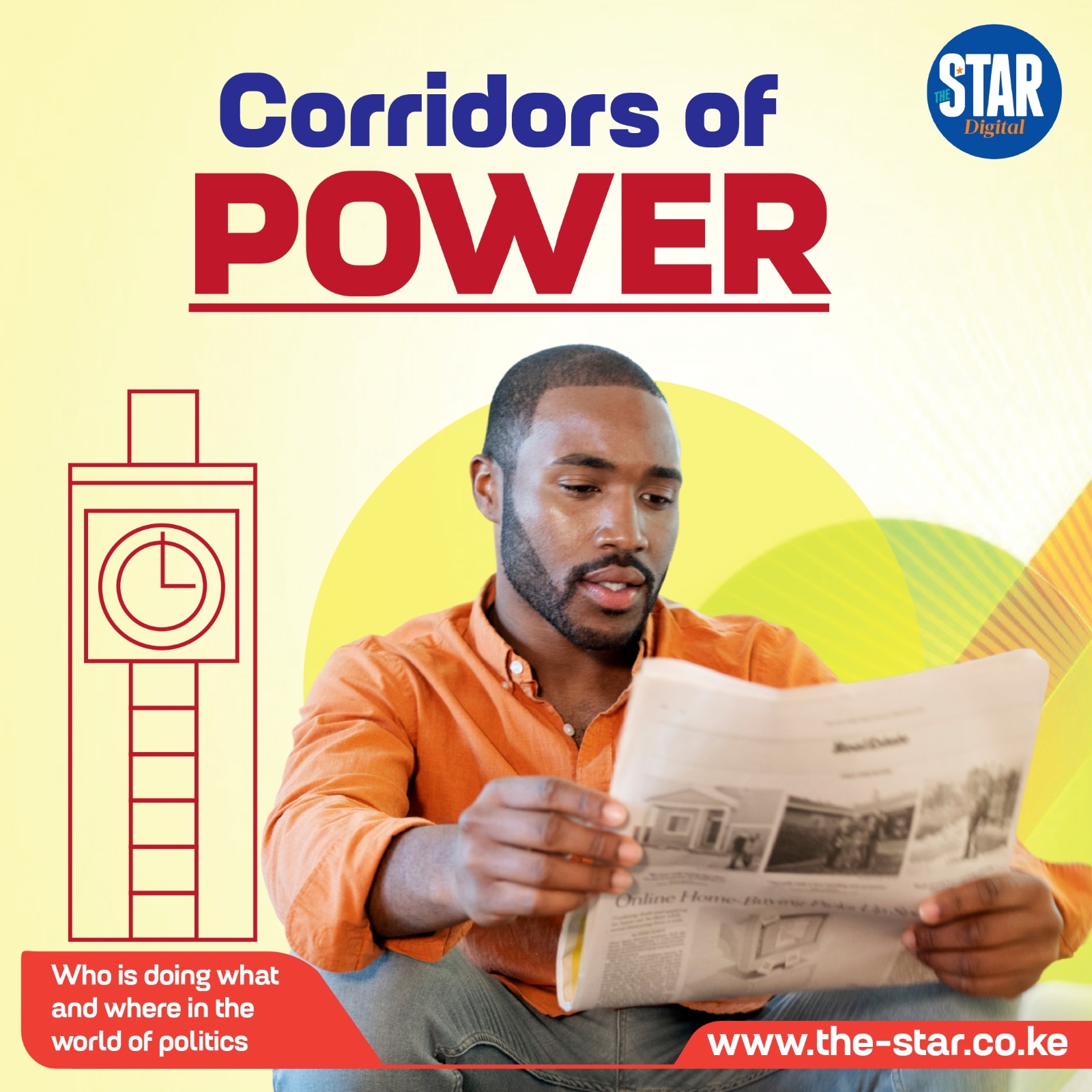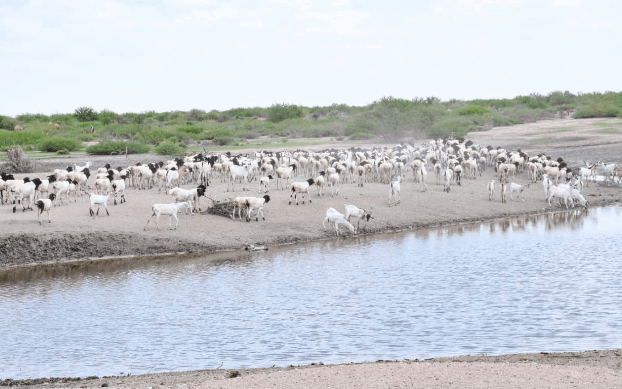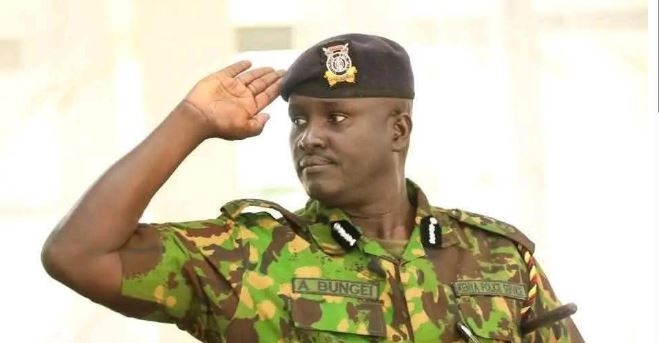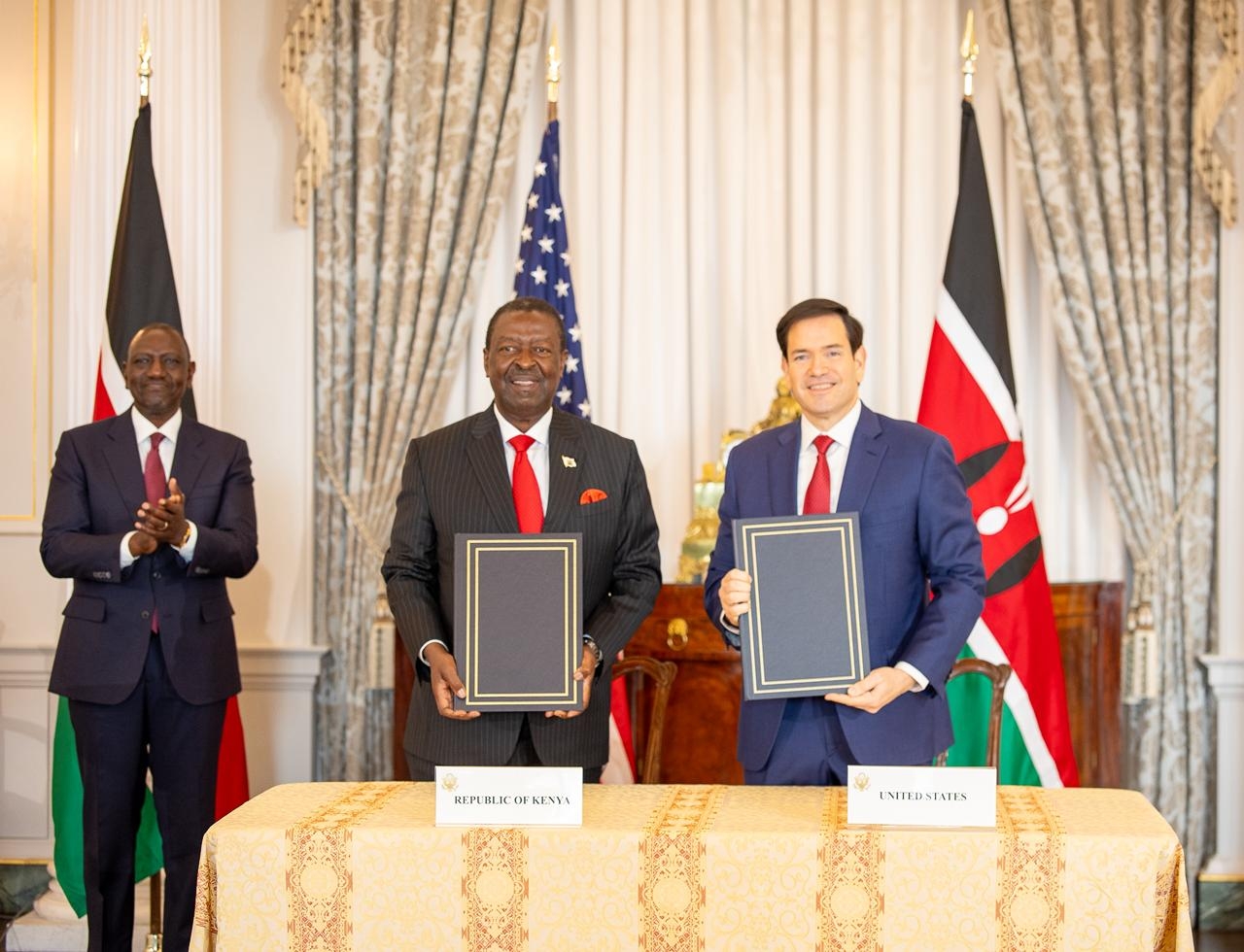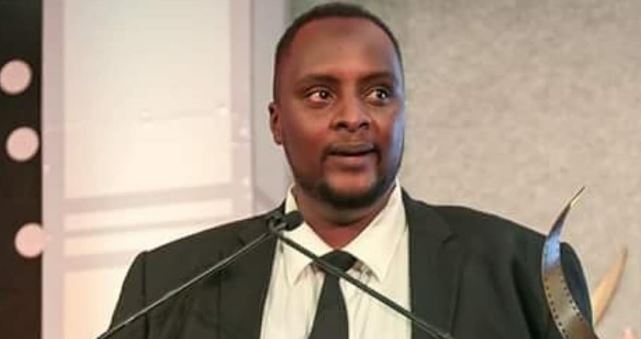Women and girls experience inequalities in Kenya and around the world that raise their risk of illness, disability, gender-based violence, and death, according to Sightsavers.
The organisation cites that an estimated 67 million unwanted births and 76,000 maternal deaths occur each year as a result of the 257 million women who lack access to contraception worldwide.
In a press release dated March 8, Sightsavers write that they believe addressing health issues often comes last on a woman's extensive list of priorities and challenges.
They called for the inclusion and accessibility of all health services for women, especially those with disabilities.
In addition, they acknowledged the women who they say have broken down barriers to make this a reality.
Sightsavers highlighted the case of Lucy Mulombii, the Chair of a women-led organisation of people with disabilities and Chair of the Kakamega County Disability Caucus in rural Kenya.
"Women are marginalised, and people with disabilities are also marginalised. So women like me can be hit with two sets of discrimination at once. We are less likely to be educated; have less access to health services; face more violence and sexual abuse; and we are often not given access to the decision-making tables. This must change,” Mulombii said during a training that was part of a Sightsavers-led coalition called Inclusive Futures.
Mulombii asserts that the Kenyan Constitution contains provisions that address accessibility and affordable healthcare, as well as safeguarding the rights of women and girls with disabilities. However, these policies have sadly been implemented very slowly.
. “Part of our work involves pushing the government to apply these policies," she said.
Mulombii is the chair of an organisation that works to increase public knowledge of issues around gender-based violence and the obstacles that women and girls with disabilities face in having access to sexual and reproductive health care.
"Sexual and reproductive health is a human right. But sometimes women and girls with disabilities face discrimination because people think they are not like other women. They forget that they have the right to access information about how they can plan their families and take care of their menstrual health. When you don’t have money in your pocket when you don’t have confidence, you don’t speak out,” she explained.
These difficulties are made worse for women with disabilities by reduced life expectancies, greater prevalence of illnesses like diabetes, and barriers to receiving healthcare.
Moses Chege Sightsavers Kenya's Country Director noted that there is a need to address the gender gap that exists because 'without action, women will continue to be left behind in health care, having their health, and chances of education and employment curtailed'.
"Some diseases affect more women than men. They are also more likely to be blind or have a visual impairment, but much less likely to have access to the eye care they need. What is more, women with disabilities are three times more likely not to access the healthcare they need, compared to men without disabilities," Chege said.






